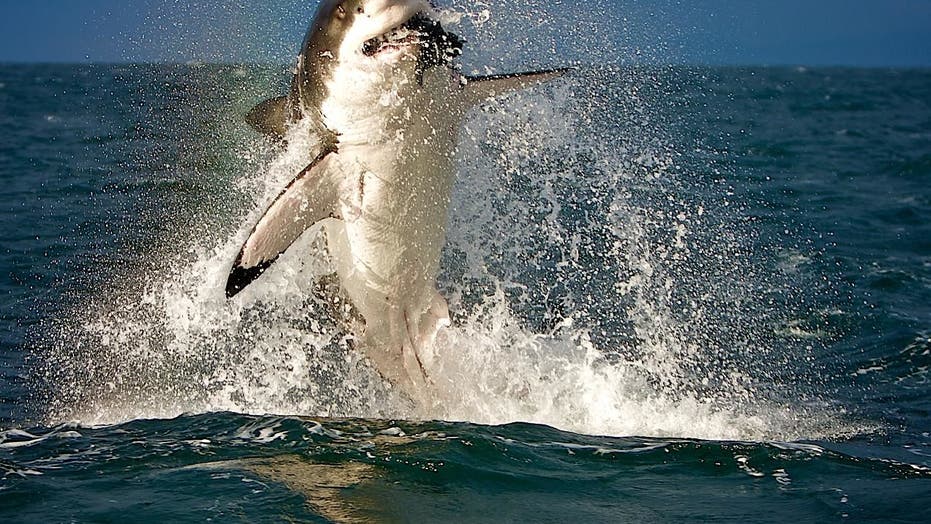A near 20-year study of female lemon sharks has discovered the species may wander far-and-wide over their life, but always return to the exact location where they were born to give birth.
Researchers with the international team that published the findings last week in the journal Molecular Ecology reportedly wrote the discovery has, “important implications for long-term sustainability of local nursery areas.”
“We knew that starting in '08/'09 we should start seeing some females return (if, in fact, we were correct about our hunch that this was a relatively common phenomenon),” the study’s lead author, Kevin Feldheim of the Field Museum of Natural History in Chicago, told The Los Angeles Times in an email. “When we realized we found the first female come back to give birth, we were all relieved.”
To prove their hypothesis, researchers reportedly began tagging young lemon sharks off the Bimini islands of the Bahamas with transponders in 1995. They also took tissue samples for DNA testing from each shark.
Then – beginning in 2008 – the team captured pregnant and baby lemon sharks in the same area with ropes and netting and matched their DNA to the young sharks they had tested so many years before. Again and again, they found the sharks had returned to the exact same place – give or take a mile or two – from where they were born.
- Why is China targeting the moon — and should NASA as well?
- 2013’s top 20 images of planet Earth
- Alien planet 11 times bigger than Jupiter found in bizarre, massive orbit
- ‘Nothing is beyond our reach,’ National Reconnaissance Office’s new logo claims
- Mummy mystery: Multiple tombs hidden in Egypt’s Valley of Kings
“It is becoming increasingly clear that these imperiled predators have a complex population structure, and some species can benefit from investments in local conservation measures nested within broader international efforts,” the research team reportedly wrote in Molecular Ecology.
Scientists have long believed sharks to practice the phenomenon of returning to their birthplace to give birth, themselves, known as natal philopatry. The tendency is also exhibited by other animals, such as salmon and sea turtles.
"A study like this comes around once in a great while," Feldheim told The Times. "As long as we can continue funding the field and lab work, I hope to keep going for another 20 years."

